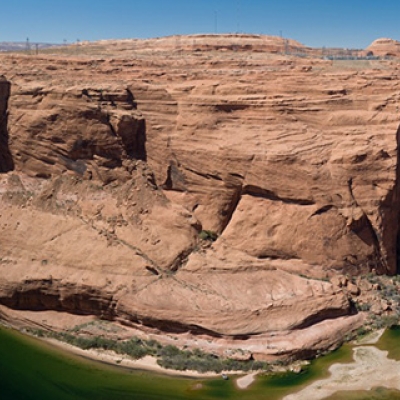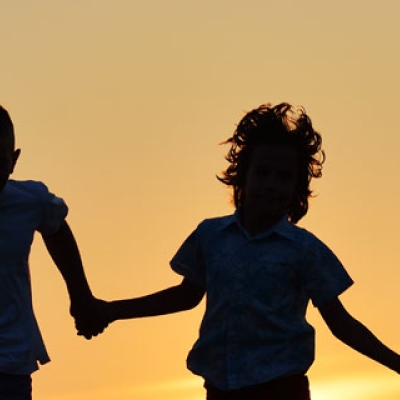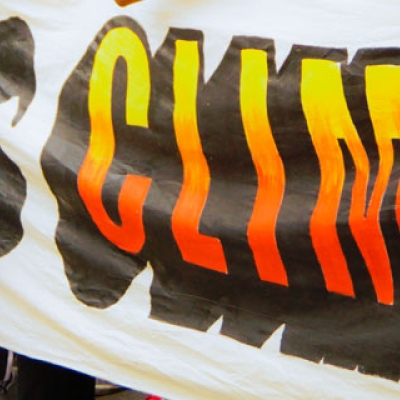
Turkey's Ill-Considered Rush to Coal Undercuts Emissions Progress
By Bruce Rich / On May 9th, 2016
Nearly all future growth in greenhouse gases will come from the world’s emerging economies, and preventing dangerous global warming depends on their reducing emissions growth. Thus it is troubling that Turkey, the world’s 17th largest economy, plans to as much as quadruple coal-fired electric capacity, building as many as 80 new plants by 2030. It could become the world’s third-largest operator of coal plants, after China and India.








